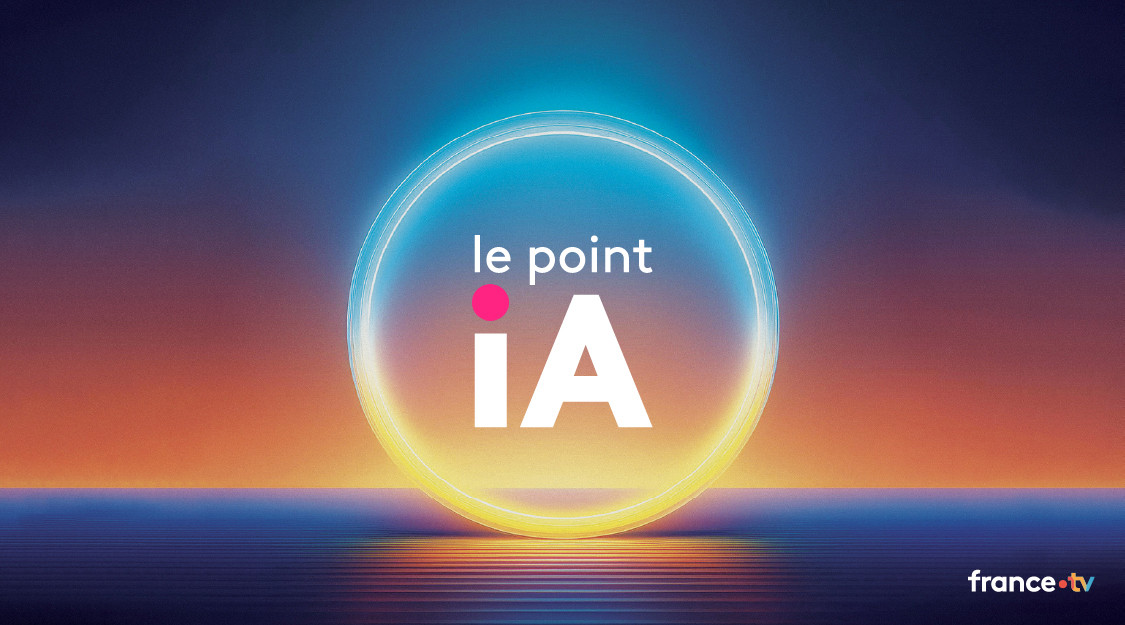The objective? Introduce AI to analyze user behaviors
France Télévisions wanted to use Artificial Intelligence to analyze user behavior on all France Télévisions platforms. Thanks to its ability to analyze massive data, AI is indeed able to identify user characteristics and bring them together in audience groups in order to offer them a personalized experience.
The purpose of the application at the Paris Digital Lab is therefore the creation of decision support tools with the help of Big Data (trend analysis, visualizations, reconciliations between data) that should eventually allow :
• The improvement of users' knowledge
• Better conversion rates for all content offered
• The discovery of unknown behaviors
"Currently, our product relies heavily on human capabilities to create these user segments from a database management system (DMP). As a result, France Télévisions is aware that it is "missing" various elements that need to emerge on our sites and applications. This is what the collaboration with the Paris Digital Lab is all about: enabling us to create data science models that will search for elements unseen to the naked eye among the mass of data we possess by bringing up the relevant information using algorithms, and then it is up to us to exploit them. " explains Valentin, one of the people in charge of monitoring this project at France Télévisions.
To do this, and with the support of internal teams, CentraleSupélec's student-engineers have tackled the creation of these tools using Machine Learning (ML) and Automatic Natural Language Processing (TALN).
What methodology was used to succeed in this challenge?

To do all this: a short time of 7 weeks. "In agile mode, with one-week sprints that allowed the France Télévisions teams to have a regular and continuous follow-up with the students," explains David, technical project manager, "This gave us a good framework and usable results. Daily calls facilitated a continuous and regular follow-up with the students to answer any questions."
30 gigabytes of daily data were made available to them over a two-month period. The start was done on their machines, locally, but as the volume grew, France Télévisions set up a project on their Big Data environment (Google Cloud Platform) so that their algorithms could be used directly in the Cloud and the calculations completed in a few days.
These devices have made it possible to create market segments, assess their relevance at the time and allow them to evolve over time.
The France Télévisions teams are delighted with the experience.
Assessment of the partnership
To learn more about the possibilities of AI for the media, find our AI Usage Mapping.
 Back
Back
 Open Innovation
Open Innovation










